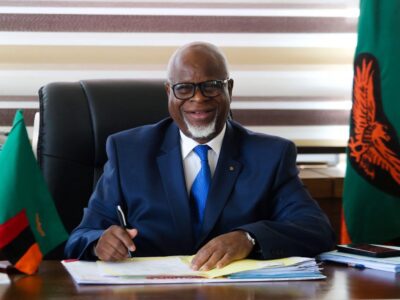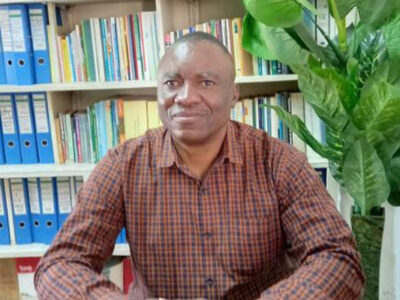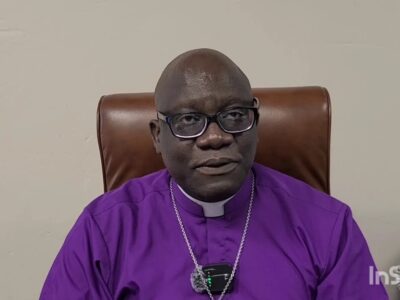As the UPND administration marks its third year in office, the National Action for Quality Education in Zambia (NAQEZ) has assessed the state of the nation’s education system, estimating access to education at 85 percent, while the quality stands at 40 percent.
Dr. Aaron Chansa, the NAQEZ Executive Director, noted that although Zambia still had a small percentage of citizens out of school, the abolition of school and examination fees in January 2022 had drawn more than 2 million young people into the public schooling system, particularly those from poor families.
In a statement issued in Lusaka on Tuesday, Chansa acknowledged that while some parents were still paying boarding fees, the re-introduction of free education places Zambia among a few African nations offering free education from Early Childhood Education to secondary school level.
“To compensate for the banning of school fees, the Treasury has impressively been sending grants to all schools. The only concern is the continued poor funding to primary and boarding schools,” Chansa stated.
However, while Zambia prides itself on providing free education under the UPND administration, NAQEZ regrets that the quality of education had significantly deteriorated.
Chansa attributed this decline to overcrowded classrooms across the country, where teacher-pupil ratios in most government schools exceed the standard of one teacher to 45 learners.
“Some classes are accommodating more than 120 learners. It is impossible for teachers to deliver quality education under these circumstances,” he stated.
He also pointed out that the lack of desks, computers, textbooks, and laboratories in many schools had further compounded the challenges to education quality in the country.
Chansa revealed that some schools still force learners to stand or sit on the floor during lessons, a situation that had not been adequately addressed despite efforts to use the Constituency Development Fund (CDF) to resolve the desk shortage.
“While the CDF has been used to try and address the desk crisis, over-reliance on this single and meager fund has not cleared this academic menace,” he said.
Chansa also lamented the government’s lack of serious attention to the welfare of teachers, particularly in upgrading their salary scales and providing decent accommodation.
He reiterated that many teachers find it difficult to perform at their best because the UPND administration had allegedly neglected to motivate educators in Zambia.
WARNING! All rights reserved. This material, and other digital content on this website, may not be reproduced, published, broadcast, rewritten or redistributed in whole or in part without prior express permission from ZAMBIA MONITOR.













Comments